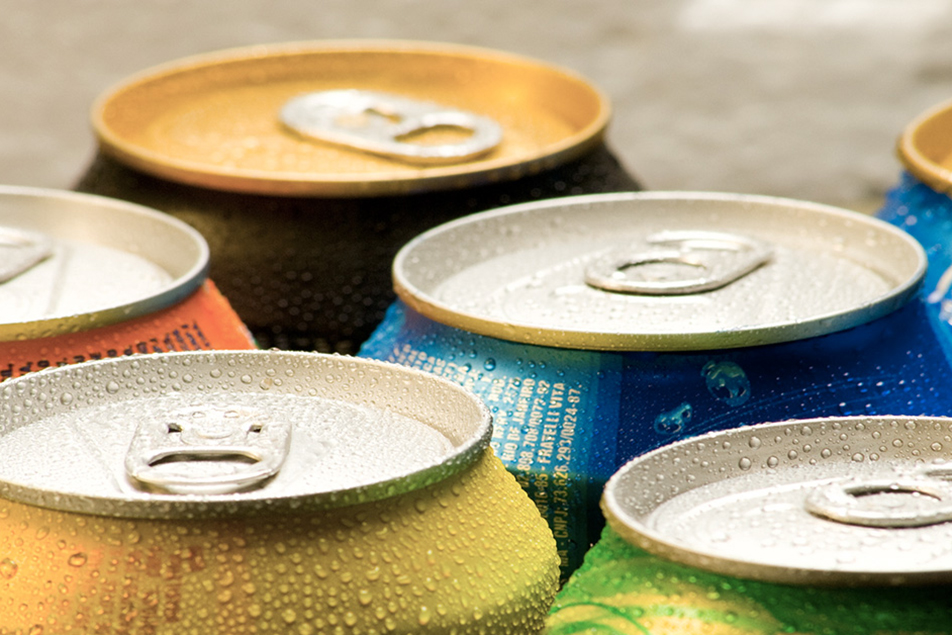The average American consumes 2.1 coffee drinks and 2.6 sodas per day. For many, it is the fuel used to power through early mornings and a necessary weapon in the fight against afternoon fatigue. But drinks laced with this energetic substance have come into question recently, after a 16-year-old South Carolina boy died from consuming an excessive amount of caffeine in a 2-hour period. Roy Robertson, MD, Parkview Physicians Group – Cardiology, gives us the facts on the trending topic.
What is caffeine?
Caffeine is a stimulant, meaning It helps you be more alert and feel mentally prepared and organized. While it can raise your blood pressure and heart rate, caffeine isn’t necessarily a bad thing. If you take it daily, and in moderation, it can actually be quite beneficial for your body. There have been studies that say that it can even decrease inflammation and decrease your chances of some types of cancer. It only becomes an issue if you consume a large amount of caffeine in a short amount of time.
What are the risks?
If you drink a lot of caffeine in a short amount of time it can:
- Irritate the heart and heart muscles
- Cause your heart to become overactive, cause arrhythmia
- Act as a diuretic, increasing the amount of times you use the restroom
- Decrease your blood volume
- Stimulate adrenaline
If there’s not enough volume in your blood and you’re dehydrated, your heart gets irritated and that’s when you run into issues.
How to drink it safely.
When consuming caffeine:
- Make sure you’re drinking water and staying hydrated
- Make sure you’re getting plenty of sleep (don’t replace sleep with caffeine)
- Measure and track the amount you take in
- Be aware of how you’re feeling — Are you starting to feel jittery or anxious? Keep track of what your body is telling you
Is death from caffeine consumption common?
The body is extremely forgiving in general. The majority of young people can handle the caffeine, and can even handle having too much on occasion. Many times those who experience adverse reactions most likely had an unknown underlying condition, or were predisposed to a heart condition that was stimulated by excess caffeine.
What are some warning signs the body is reacting adversely?
- Feeling jittery or anxious
- Feeling flushed
- A racing heart or irregular heart beat
- Many times when teenagers present in the ER for heart palpitations, it’s the result of getting no sleep and consuming a lot of caffeine (for example: if they’re up all night studying, only drinking coffee)
What can you do if you feel like you’ve had too much?
There is no antidote to caffeine, no simple fix. Caffeine has a short half-life, though, so you can usually get symptoms under control fairly quickly, like in the span of a morning.
- Drinking water is the most important thing you can do
- Try having a bland meal to improve absorption in the GI tract
- Find a calm situation if you’re feeling anxious
Seek medical attention if:
- You have a headache that’s getting worse or not going away
- You feel light headed
- You pass out
- You’re having altered mental behavior
- You’re having a heart flutter that’s impeding daily activities or causing you to be short of breath
Is there a safe dosage?
Not really. I recommend no more than a few hundred mg a day, but it significantly varies from person to person. For example, some people can drink 3 cups of coffee with dinner and then go straight to bed, while others look at a cup of coffee and don’t sleep for days. Everyone has a different tolerance level. The most important thing you can do is pay attention to what your body is telling you.




